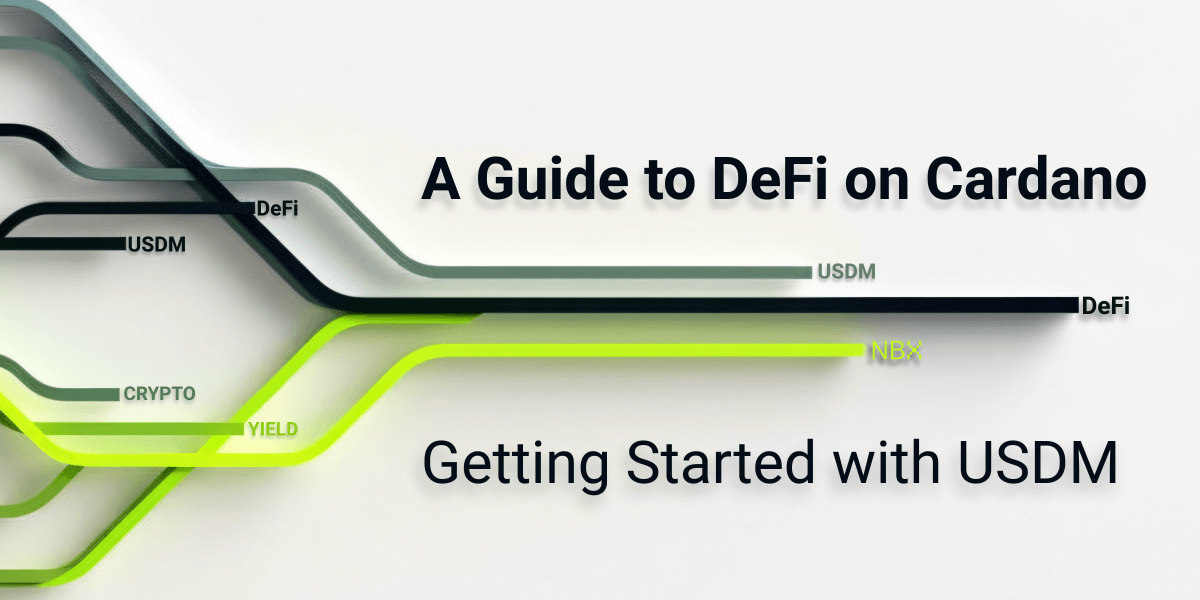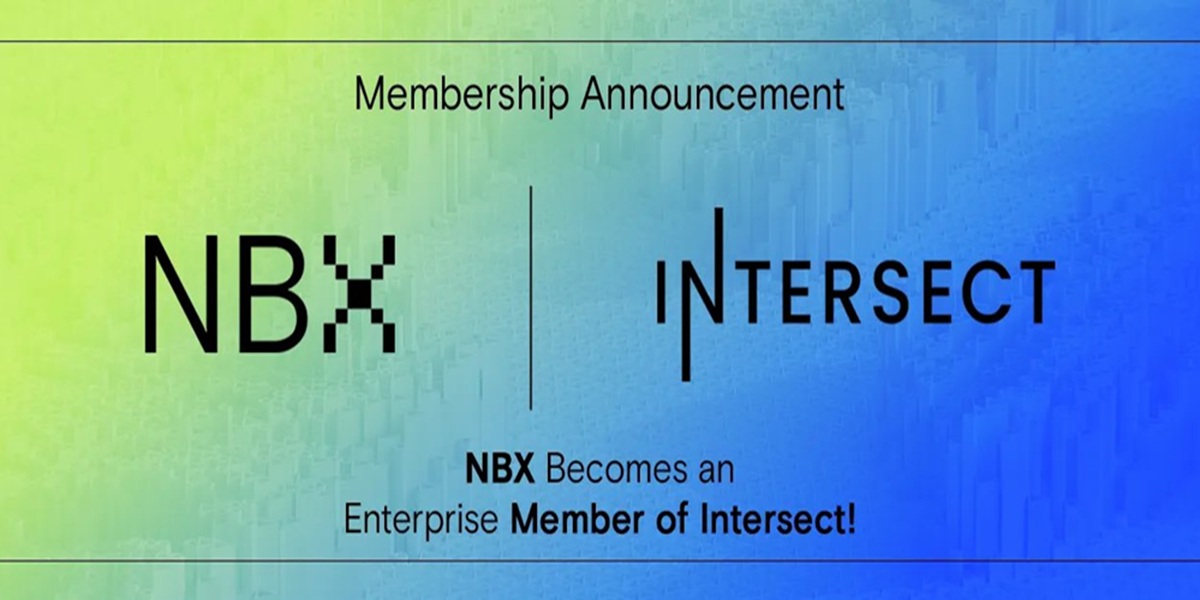Cryptocurrency is a type of digital asset - a digital currency based on blockchain technology with the main purpose of serving as “money”.
A digital asset, generally speaking, describes any asset in digital form. In the cryptocurrency community, it mostly refers to tokenised assets that are stored on a decentralised network (a shared ledger). Digital assets have shared characteristics and operate in similar ways. All cryptocurrencies and digital assets share the following characteristics:
Cryptocurrency only exists in digital form on a shared network. There is no physical form for cryptocurrency.
Cryptocurrencies are not stored on a central computer. Instead, they are stored on a network that is shared among many users.
To transfer cryptocurrencies to another person, you do not need a central authority or a trusted third party (such as a bank) to confirm and secure your transactions. The transfer is made directly from one person’s wallet to another.
When transferring funds in cryptocurrency, the only thing that the sender needs is the counterparty’s receiving address (a long string of numbers and letters). There is no need to give out any personal information.
Control
There is no third party that controls the system behind a cryptocurrency exchange. This allows users to be fully in control of their funds and personal information. This also removes the need for establishing trust with the third party.
To ensure that no one else on the network can access and see your personal information, cryptography is used. Cryptography ensures that your information is “hidden” with special codes that are highly secure and can be decoded only by you. When information is “hidden” with cryptography, it is considered “encrypted”.
It does not matter if you send cryptocurrency to your neighbour or to a person on the other side of the world. The costs and speed are the same, whereas fiat currencies (government-issued currencies) take more time and incur more costs, since the conversion of fiat currencies and intermediaries (banks, payment providers, etc.) are involved.
A mechanism that ensures that all nodes (devices on the blockchain that maintains the blockchain) are synchronised with each other and are reaching an agreement about which transactions are legitimate in order to be added to blockchain (known as Proof-of-Work and Proof-of-Stake consensus mechanisms).
The article does not constitute financial advice.


